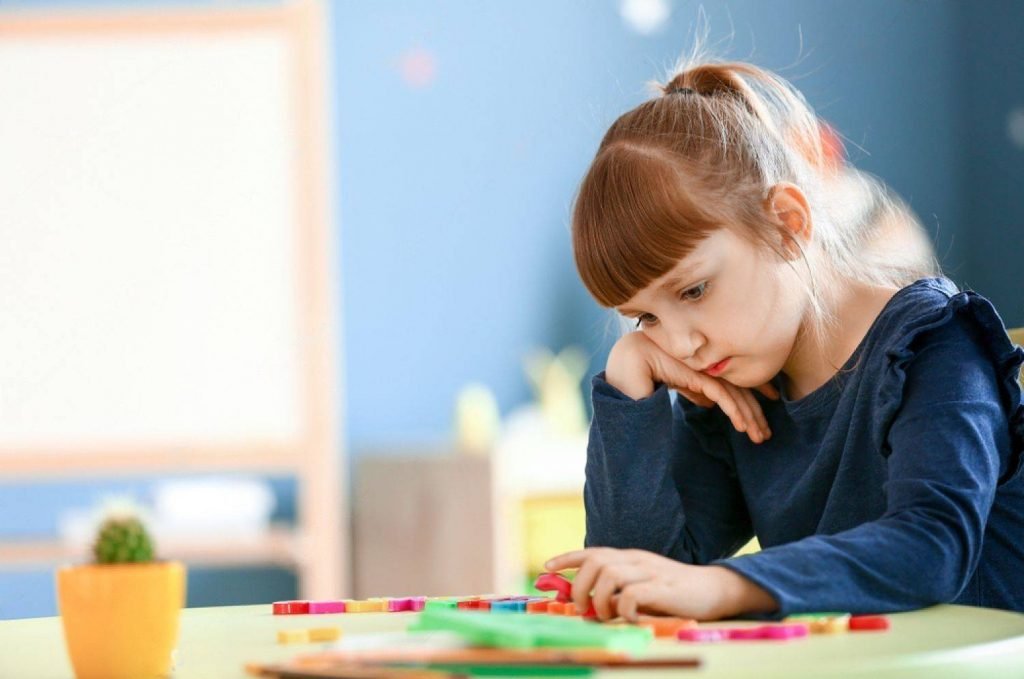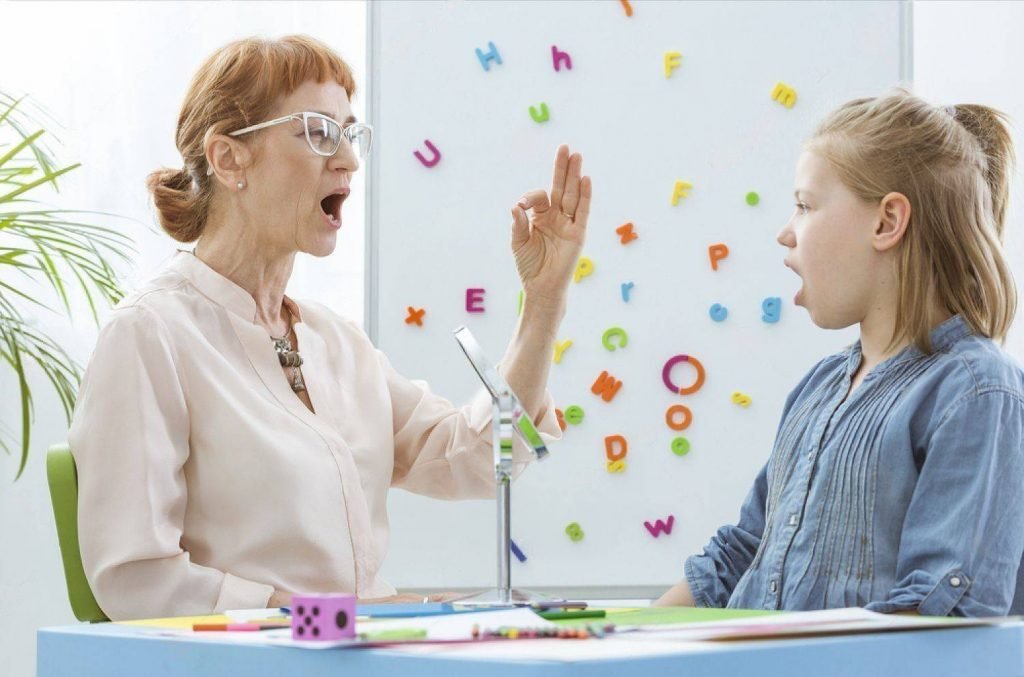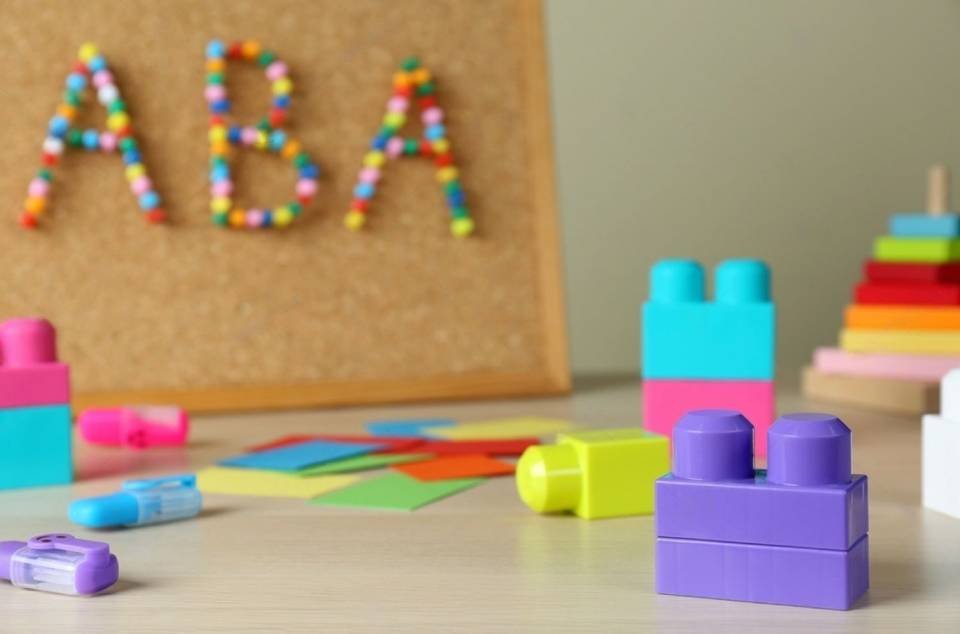Innovative Occupational Therapy Services
Occupational Therapy
Occupational therapists evaluate a child’s performance at school, in communication, in the playground and in day-to-day activities. An OT treatment is necessary to address if performance in these areas is developmentally inadequate for that age group. We help kids with multiple diagnoses associated with key physical, cognitive, sensory, or motor skills so that they improve their participation and performance in everyday activities.


Speech Therapy
Certain deficits or disorders associated with the body’s physical and cognitive functions can impact verbal communication skills in children. Speech therapy is a rehabilitative or corrective intervention that includes play-based, goal-oriented activities based on the nature and severity of the speech deficiency or disorder. A standard treatment can involve instructive or repetitive practice, drilling, physical strengthening exercises, and even the use of audio-visual aids.
Sensory Integration
This type of therapy is highly beneficial for children with an inability to calm self or unwind, difficulty in transitioning from one situation to another, delays in language, speech, motor skills, academic achievements, and more. The treatment program supports children to overcome noticeable symptoms like being overly- or under-reactive to sound, touch, or movement, impulsiveness, lack of self-control, and distraction. The therapy helps such children learn key skills, like self-regulation, enhance motor skills, and improve performance at school and at home.


Special Education
Educating children with disabilities requires a special instructional methodology (called Remedial Instruction), learning/teaching aids, instructional materials, and equipment to facilitate proper learning. Remedial instruction focuses on teaching essential life skills, abilities and basic literacy to children with mild to moderate disabilities. Practice and repetition are at the core of the teaching techniques used in remedial instructions. The special educator devotes a considerable amount of time to work on one skill at a time, providing more practice, explanation and repetition of the information. Early identification and intervention of a child’s special needs can improve the outcomes of special education.
Applied Behaviour Analysis (ABA)
ABA therapy programs help children improve communication and language skills, attention, memory, social skills, and academic performance. The program involves a variety of techniques for understanding and improvising behaviours. One of the main techniques used in ABA is positive reinforcement. Positive behaviour is encouraged in children by attaching some value (a reward) to good behaviour. To that end, the therapist determines the goal behaviour first and then rewards the child for successfully executing that behaviour or skill.

